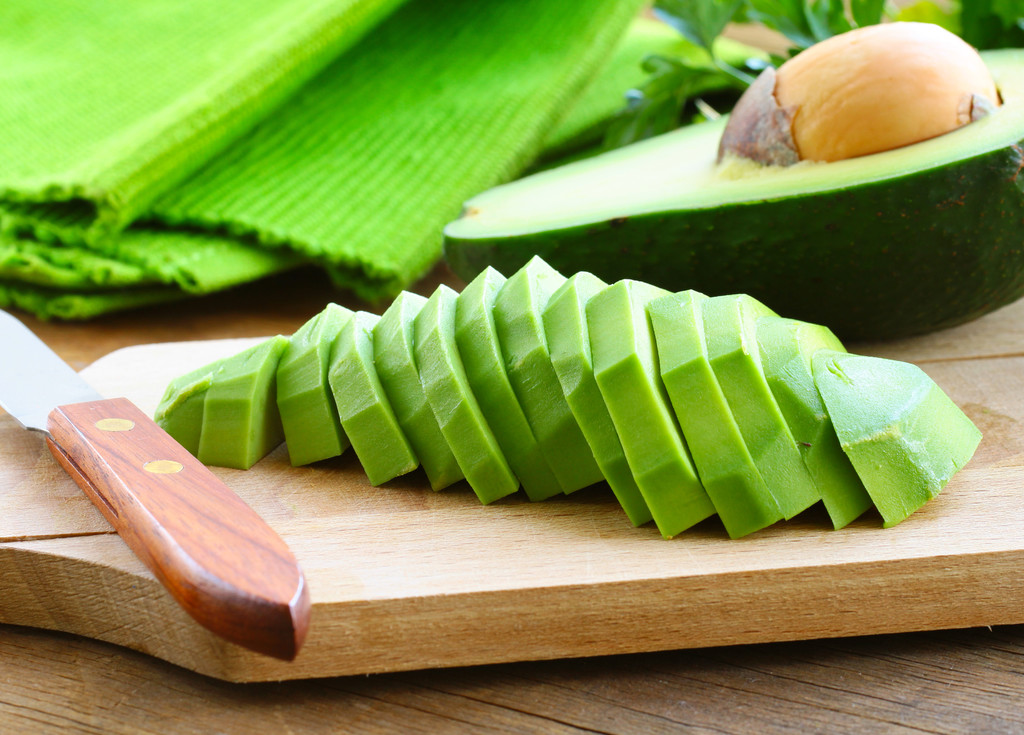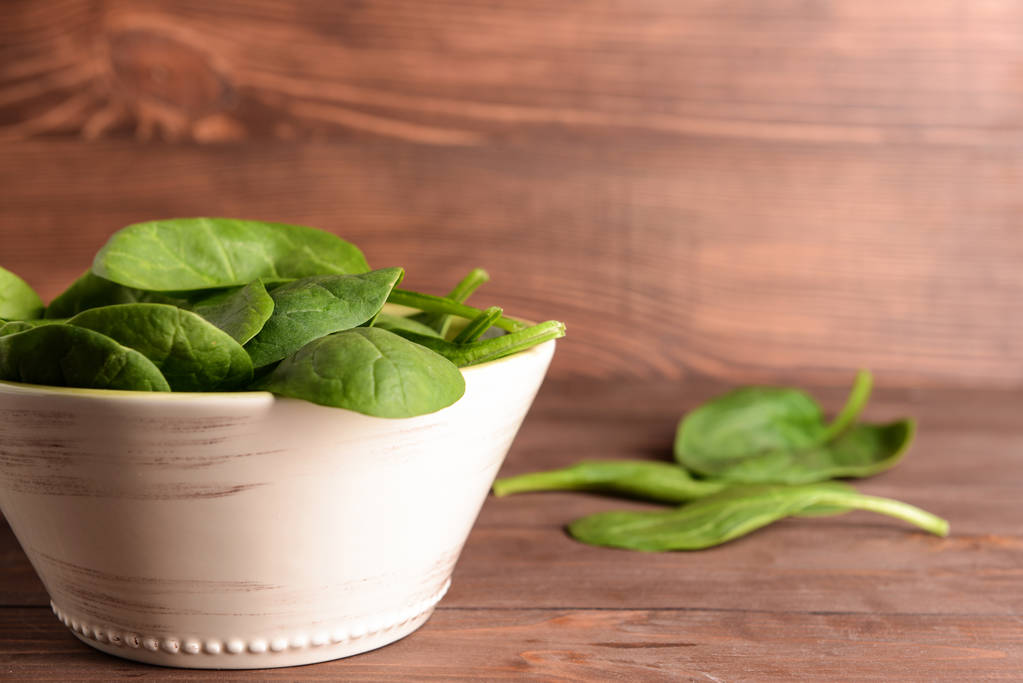Potassium is an essential mineral for the human body and you can identify a deficiency by certain symptoms. We explain what they are and what you can do about them.
What is potassium and why does the body need it?
Potassium is a mineral and one of the most important electrolytes in the human body. But although the mineral is so important, the organism cannot produce it itself. Instead, our body is dependent on being supplied with potassium regularly from the outside – through food. Potassium is 98 percent bound inside the cells, is involved in the body’s energy production and is used to maintain osmotic cell pressure.
Together with sodium, potassium is primarily responsible for activating the heart muscles and for the excitation potential of muscle and nerve cells. If you have enough potassium in your body, it promotes mental performance, in that the potassium provides more oxygen in the brain. Potassium is also responsible for the normal excitability of muscles and nerves. In addition, the mineral has a very beneficial effect on blood pressure. Potassium neutralizes the blood pressure-increasing mineral, helping to protect against high blood pressure and strokes.
The daily need for potassium depends on lifestyle and age. The German Society for Nutrition (DGE) recommends 400 to 600 milligrams of potassium daily for infants, 1300 to 3600 milligrams for children between the ages of four and fifteen and 4000 milligrams from the age of nineteen. The only exceptions to this are breastfeeding mothers, because they not only have to provide themselves but also the baby with sufficient potassium. Your daily requirement is 4400 milligrams.
Symptoms and causes of potassium deficiency
Potassium therefore fulfills very basic functions in the body that cannot be fulfilled if the potassium intake is too low and are very stressful for your health. Potassium deficiency (hypokalemia) is unfortunately often only noticed after a certain time and can therefore have serious consequences. While a slight deficiency is already an impairment of physical well-being, a serious undersupply can even be life-threatening. A greatly increased potassium requirement is manifested by the following symptoms:
dizziness
headache
fatigue
difficulty concentrating
nervousness
Stomach and intestinal problems
cardiac arrhythmias
Inflammatory bowel diseases
muscle cramps
circulatory problems
One possible cause is an unbalanced diet: Since potassium is primarily found in plant-based foods, a diet that largely ignores plant-based products can cause a deficiency over the long term. So if you mainly eat animal products and carbohydrates, you should take a look at your potassium balance.
Tip: This helps with potassium deficiency
If you occasionally suffer from any of the aforementioned symptoms, you probably have nothing to worry about. However, if you recognize several signs in yourself, especially heart rhythm disorders, it is better to see a doctor who can do a blood test to determine your potassium deficiency.
It usually takes little effort to compensate for a slight potassium deficiency. Sufferers should eat foods high in potassium, such as whole grains, dried fruit, avocados, bananas, and nuts. Alternatively, there are also potassium supplements, which should only be taken on medical advice. Because tablets or other dietary supplements can quickly lead to an accidental overdose, which can also have serious health consequences.

There is a lot of potassium in these foods
It is important that we get our daily potassium requirement from food, as our body cannot produce the mineral potassium itself or store it in stock. Plants take up potassium through their roots because potassium is found in the soil. Therefore, all plant foods contain potassium in different concentrations. Potassium can also be found in meat, dairy products and fish, since livestock absorb potassium from their forage plants. The following foods contain a particularly large amount of potassium and are also very healthy due to other valuable nutrients:
Avocado: In addition to numerous healthy nutrients such as magnesium, the superfood contains up to 485 milligrams of potassium per 100 grams.
Almonds: They contain 700 milligrams of potassium per 100 grams and contain larger amounts of calcium and magnesium.
Spinach: The green leaves are extremely rich in immune-boosting vitamin C, beta-carotenes and contain 500 milligrams of potassium per 100 grams, just like kale.
Buckwheat: Just like quinoa or amaranth, buckwheat is a high-quality but gluten-free carbohydrate supplier. It contains 325 milligrams of potassium per 100 grams.
Cocoa powder: The leader in terms of potassium: cocoa powder contains more than 1,500 milligrams of potassium per 100 grams.
In addition to apricots, raspberries and kiwi, bananas are also extremely rich in potassium: 370 milligrams of potassium per 100 grams.
Salmon contains 600 milligrams of potassium per 100 grams.
Carrots: High in vitamin A and vitamin C, carrots contain about 320 milligrams of potassium.
If you want to do something good for your health in the long term, you should change your diet to one that is as varied and nutritious as possible. Since potassium is of plant origin, it can be successfully ingested through food in all diets.




